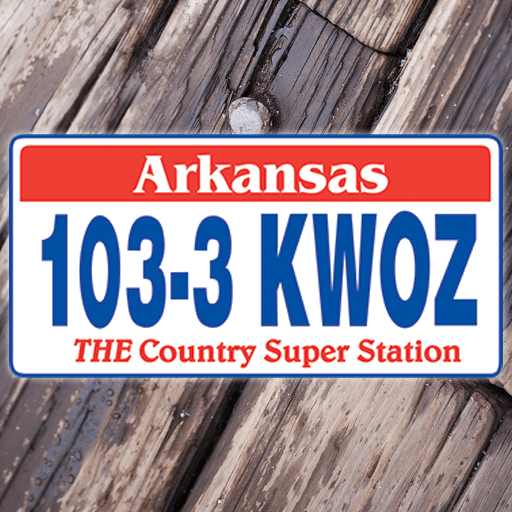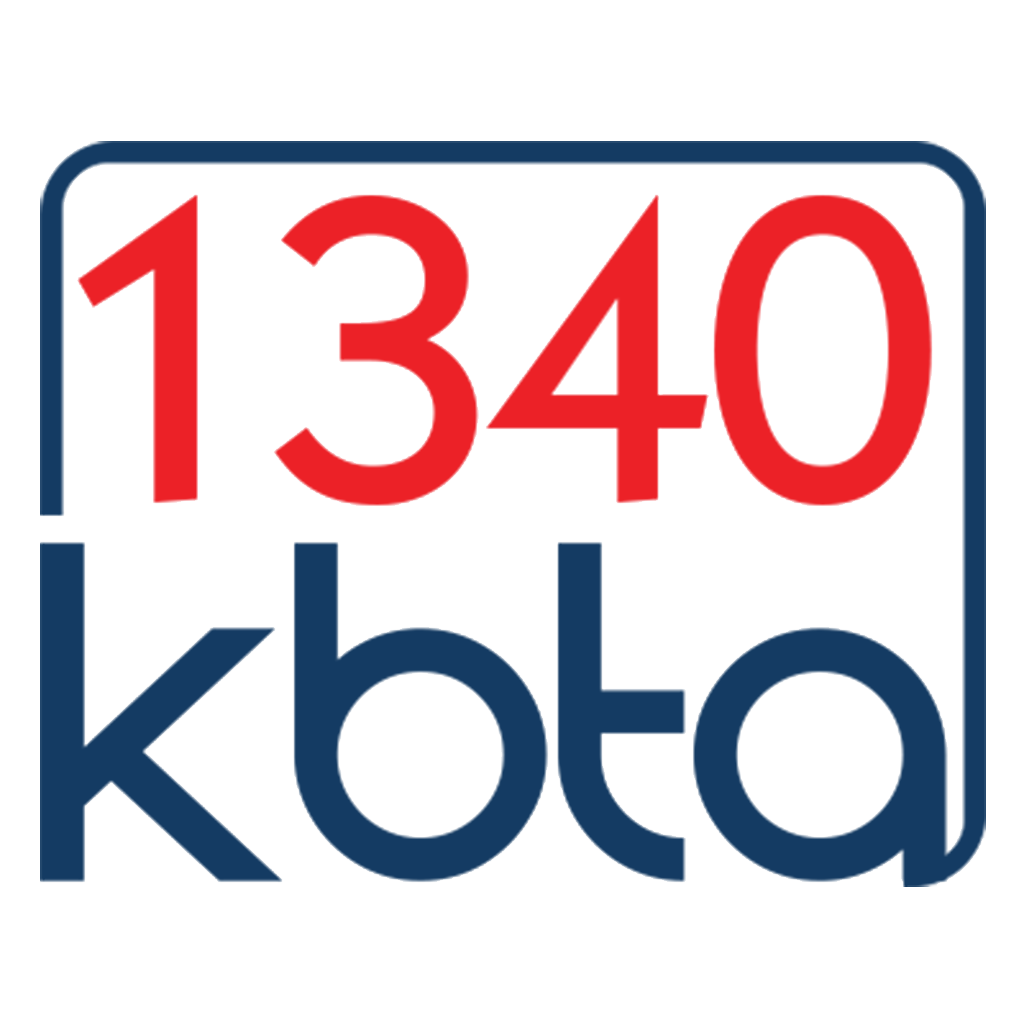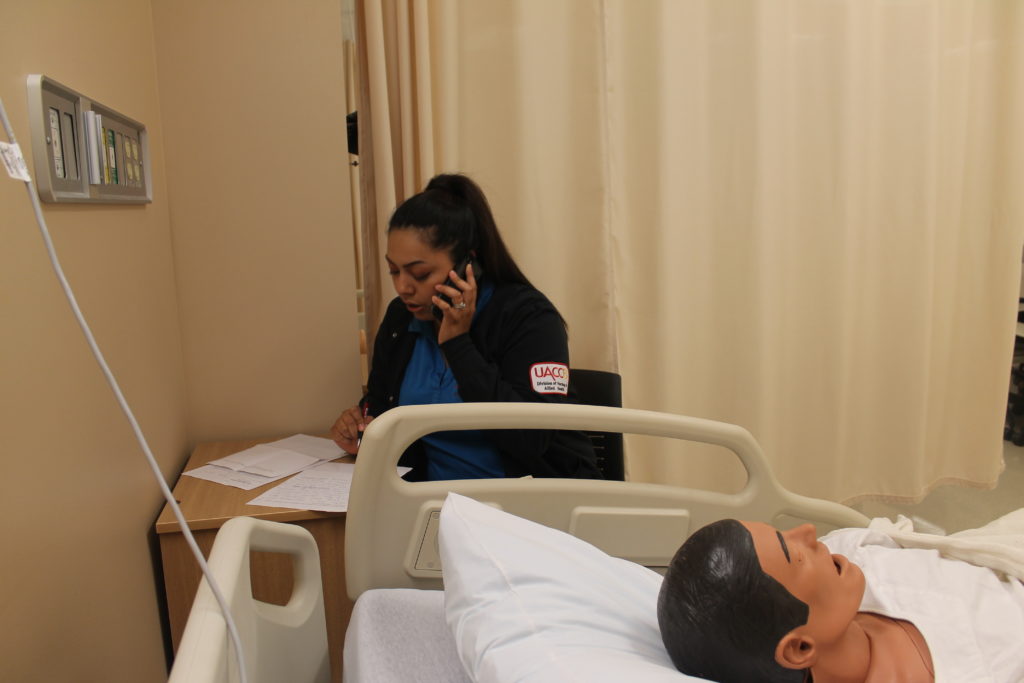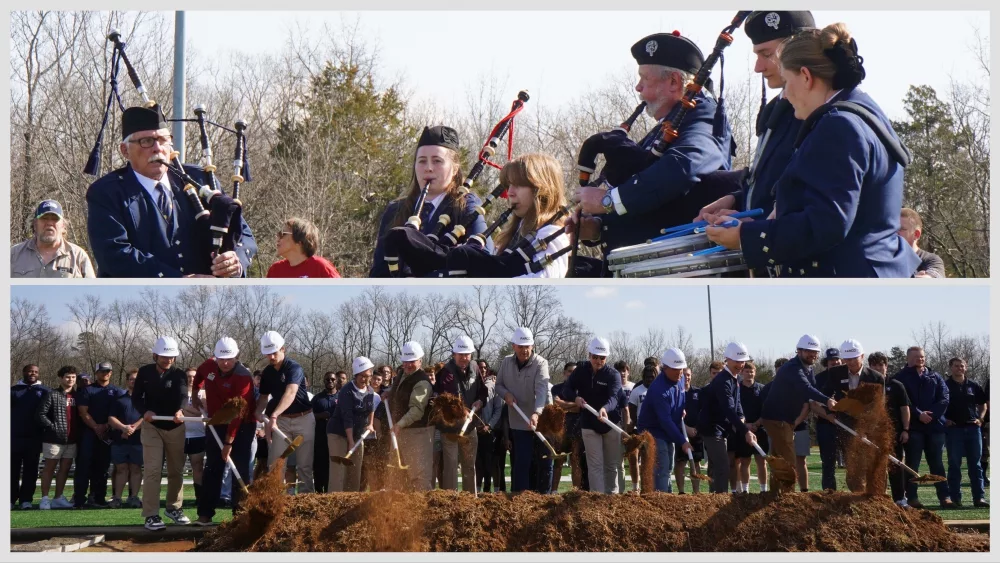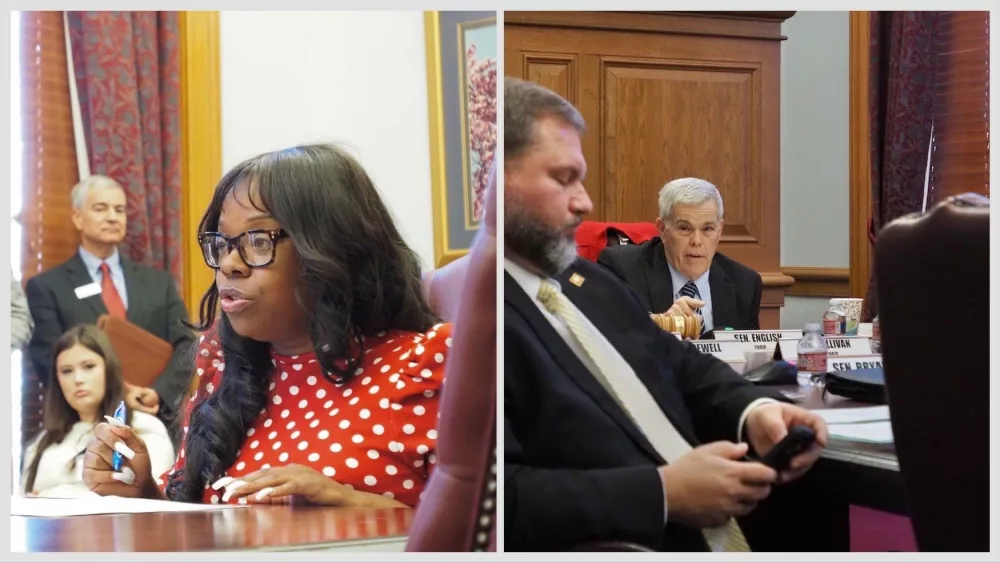IMAGE: Julisa Garcia, practical nursing student at UACCB, provides information for a provider during the college’s mock scenarios practice last Friday (July 12). / Image submitted
Article By Andrea Bruner
First day jitters can happen to anyone but for someone in the health care field, it’s even more important to overcome those and be able to communicate properly with others.
The University of Arkansas Community College at Batesville’s Division of Nursing and Allied Health teamed up with a local physician and two nurse practitioners to offer nursing simulation scenarios to a group of 20 students in the practical nursing program on Friday.
The PN students will graduate on July 27, and before the pinning ceremony, faculty came up with a way to not only complement their training but also build self-confidence with mock scenarios.
The scenarios illustrate the college’s longtime partnership with White River Medical Center.
Amanda Cannon, RN, UACCB PN faculty, PN clinical coordinator, health skills coordinator, said because the college works closely with the hospital on a number of ventures, UACCB wanted to include WRMC on these mock scenarios.
Cannon said the goal is to lessen the students’ anxiety so they can see what it’s actually like to call about patient care, relay appropriate information, answer questions and take direction from the very providers they may be working with in the near future.
“This just helps strengthen that bond between the hospital and us,” Cannon said.
Ashley Ball, MSN, RN, PN program coordinator at UACCB, said this is the first time the program has offered mock scenarios with local physicians. She explained that Cannon had been thinking of ways better prepare students for real-life clinical situations and came up with this idea about six weeks ago.
“We hadn’t built this into the schedule and I wondered how the students would react to it, but they were excited,” Ball said.
Ball said in the past the college had received feedback from facilities employing recently graduated nurses, and they learned that one area that could use improvement was communication.
So they looked for providers willing to donate their time and help the students. “We reached out to them and they agreed and were excited to do this.”
Ball said the college may looking at arranging more scenarios throughout the program in the future so students can get even more experience talking to providers and giving them crucial information for patient care, “so they can be building on it as they go throughout the program.”
The students were given a scenario on paper and as they entered the lab in Nursing and Allied Health Building, called one of the three providers, who were stationed in offices on the floor above. Scenarios included things like a patient who had fallen or a nursing home patient who had been admitted with a urinary tract infection. The providers listened as the students detailed what was going on, then asked questions about the patient’s condition, allergies, current medications, and more. Students could “ad-lib” those responses to show they can “think on their feet” and give information, then write up the orders given by the providers. The whole scenario was brief and to the point, lasting only a matter of minutes.
Heidi Machen, APRN, owner of Machen Family Medical, attended classes at UACCB, first through the LPN program, then the RN program and then entered the bridge of the BSN to the master’s program, graduating from the U of A program in Little Rock in 2011.
“I’ve been on the nursing side so I know what it’s like and how scary it is when you call a doctor,” Machen said, noting that she has been yelled and hung up on, but on the flip side, she has also been on the receiving end of a phone call at 3 in the morning over something that amounted to “a Band-aid.”
“I think this will help them to know what’s important to call about and what can wait till the morning to call, and the importance of having the information ready. Their job is to be our eyes out there,” Machen said.
Before the mock scenarios got underway, Dr. Robert Walton, who is the director of the hospital medicine program at WRMC, told the students, “It boils down to something very simple and that is communication.”
Walton said that nursing students do have a lot to learn in the program, but the one commonality is communication with their fellow nurses, with the patients, with the patients’ advocates as well as physicians and nursing supervisors.
Walton said nurses are on the front line for patients and it is OK to ask for advice or help.
“You’re in a very responsible position when you’re with the patient at their bedside. Communicate. Speak clearly and don’t be bashful about asking questions.”
Cyndi Jackson, APRN, cardiology nurse practitioner, agreed.
“Have the chart ready when you call so you can answer questions,” she told the students. “Be sure to repeat back what you think they’re saying … so there are no errors or miscommunications.”
Cannon said overall the scenarios went very well and the students agreed they were helpful.
“It’s kind of nerve-wracking talking to doctors, especially if you’ve been a certified nursing assistant before because you don’t interact with the doctors as much, and you hear all these horror stories about doctors getting mad because you don’t have all the information or you don’t know something,” said student Kristen Cooper. “This is helping a lot because not only are we getting to meet some of the providers we’re going to be working with, but it also gives us some practice that we haven’t had.”
Julisa Garcia said the mock scenarios gave her experience that she can put to use in the real world. Even though this was not a real case, she was still nervous to call one of the providers and recite the information before her.
“This really helped a lot,” she said.



